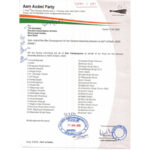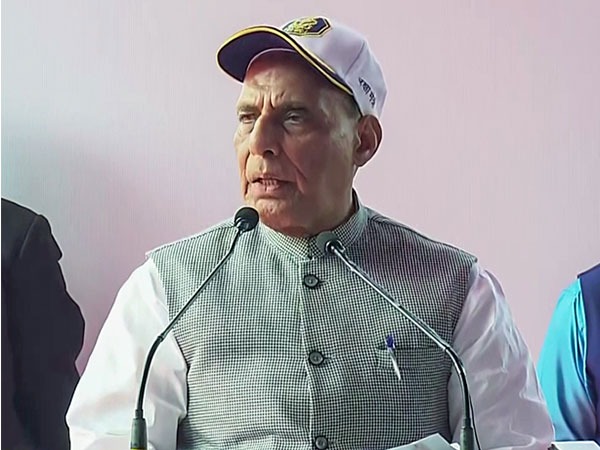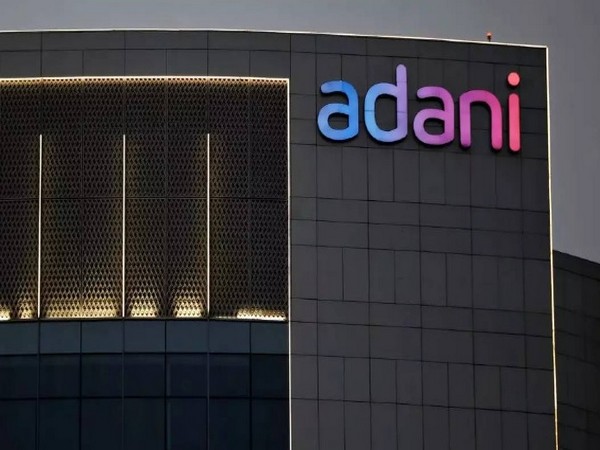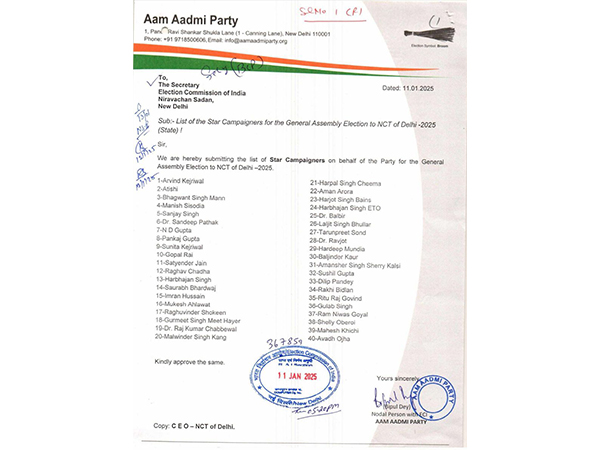
New Delhi [India], August 8 (ANI): The Insolvency and Bankruptcy Board of India (IBBI) disposed of 6,172 complaints and grievances out of 6,231 received against service providers under the Insolvency and Bankruptcy Code (IBC), Union Minister of State for Corporate Affairs Rao Inderjit Singh said on Monday.
In a written reply to a question in Lok Sabha, Singh said the Insolvency and Bankruptcy Board of India (Grievance and Complaint Handling Procedure) Regulations, 2017 enables stakeholders to file a grievance or a complaint against service providers under the IBC. The Board also receives complaints and grievances from the Centralised Public Grievance Redress and Monitoring System (CPGRAM), Prime Minister’s Office, MCA and other authorities.
Till July 31, 2022, the IBBI had received 6,231 such complaints and grievances, of which 6,172 have been disposed of after examination, the minister informed the parliament. Singh said the Ministry of Corporate Affairs does not have any role in corporate insolvency resolution process (CIRP) of a corporate debtor (CD) under the provisions of the Insolvency and Bankruptcy Code, 2016 (the Code). CD undergoing CIRP is resolved through a resolution plan formulated by resolution applicants based on the market-driven process.
The Minister further stated that the Committee of Creditors (CoC) within its commercial wisdom assesses the feasibility and viability of the resolution plan submitted by the proposed resolution applicant which is then approved by the Adjudicating Authority (AA). Further, the realisation by creditors through CIRP under the Code is dependent on quality assets at the time of its resolution, the Minister stated.
Giving more details, the Minister stated that no such investigation has been initiated as section 29A of the Code enlists certain categories of undesirable persons which include related parties ineligible to submit a resolution plan during the CIRP. Regulation 36A(8) of IBBI (Insolvency Resolution Process for Corporate Persons) Regulations, 2016 imposes a duty on Resolution Professional (RP) to conduct due diligence to satisfy themselves that the prospective resolution applicant is not ineligible under section 29A of the Code.
The resolution plan approved by the CoC, within its commercial wisdom is then approved by AA under section 31 of the Code thereby ensuring that any undesirable persons under section 29A are unable to take over the CD. Likewise, during liquidation proceedings of CD, the proviso to Section 35(1)(f) bars a liquidator from selling immovable and movable property to any person who is ineligible to be a resolution applicant.
Further, the Minister stated that as per information available, the Directorate of Enforcement has received one complaint against an RP of one CIRP in which appropriate action under applicable law has been taken. Further, CBI has received one complaint regarding abuse of process in one CIRP matter which was forwarded to the Regulator and on examination, the Regulator has not found any actionable material. (ANI)


















